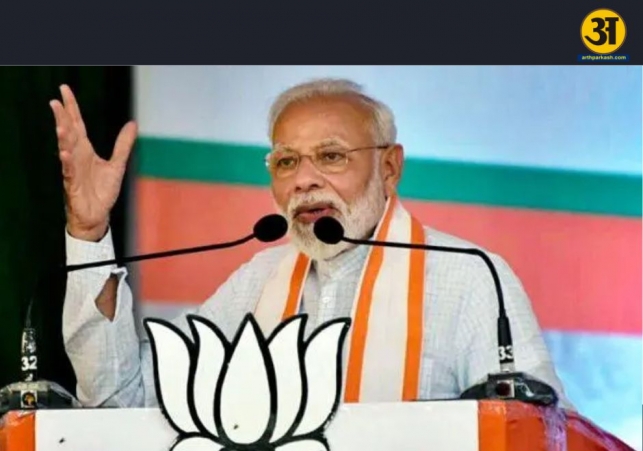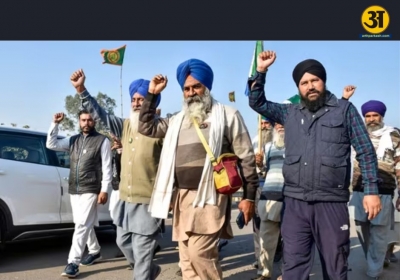
PM Modi’s 11 resolutions draw Congress criticism
PM Modi presents 11 resolutions for 'Viksit Bharat'; Congress dismisses as 'Nothing New'
Prime Minister Narendra Modi shared 11 resolutions for achieving a ‘Viksit Bharat’ (Developed India) by 2047 during a speech in the Lok Sabha on Saturday. The speech was part of a debate commemorating 75 years of India’s Constitution. However, the opposition, especially the Congress, criticized the proposals, calling them repetitive and accusing the government of using blame tactics.
PM Modi’s vision for ‘Viksit Bharat’
In his speech, PM Modi described the resolutions as a pathway to achieving a developed India, inspired by constitutional principles. The 11 resolutions include:
-
Fulfilling duties: Citizens and the government must uphold their responsibilities.
-
Inclusive growth: Ensure "Sabka Saath, Sabka Vikas" (Together with all, development for all).
-
Zero corruption: Strict measures to eliminate corruption at all levels.
-
Pride in culture: Citizens should respect Indian traditions and follow laws responsibly.
-
Colonial mindset: Free the nation from remnants of colonial influence.
-
End family politics: Remove "dynastic politics" from India’s democratic system.
-
Respect for the Constitution: Prevent its misuse for personal or political gains.
-
Protect reservations: Safeguard existing reservations while avoiding religion-based quotas.
-
Women-led growth: Promote policies that prioritize women’s leadership.
-
State and national growth: Align state development with national progress.
-
National unity: Strive for "Ek Bharat, Shreshtha Bharat" (One India, Great India).
PM Modi urged everyone to adopt these principles, emphasizing that they reflect constitutional values.
ALSO READ: PM Narendra Modi pays heartfelt tributes to martyrs of Parliament Attack
ALSO READ: Rahul Gandhi expresses shock after meeting Hathras rape victim's family
Criticism of Congress and opposition
The Prime Minister used the opportunity to attack the Congress party, calling their famous ‘Garibi Hatao’ slogan the “biggest jumla” (empty promise) in India’s history. According to him, this slogan helped Congress politically but failed to improve the lives of the poor.
He accused Congress of dynastic politics and disrespecting leaders like Sardar Patel and Sitaram Kesri while prioritizing family interests. PM Modi credited his government for implementing policies rooted in constitutional principles, such as Swachh Bharat Mission, Jan Dhan accounts, and the Ujjwala Yojana. He claimed these initiatives had lifted 25 crore people out of poverty and promoted financial inclusion with nearly 50 crore bank accounts opened.
The Prime Minister also defended his government’s efforts to address historical challenges, such as revoking Article 370, which he described as a major hurdle to national unity.
The Congress and other opposition parties criticized PM Modi’s address, stating it lacked originality and focused on blaming others. Congress MP KC Venugopal dismissed the resolutions as “nothing new,” accusing the government of favoring corporate interests, particularly the Adani Group.
Samajwadi Party leader Akhilesh Yadav called the government’s promises “jumlas,” citing unfulfilled commitments like doubling farmers’ income and providing one crore jobs. Congress’ Priyanka Gandhi Vadra echoed these sentiments, describing the Prime Minister’s speech as “boring” and the resolutions as “hollow.” She also demanded accountability on issues like corruption and the Adani controversy.
The debate highlighted sharp divisions between the ruling party and the opposition, with both sides accusing each other of neglecting constitutional values. While PM Modi presented his vision for a developed India, opposition leaders questioned the sincerity and effectiveness of the government’s actions.


.jpg)


